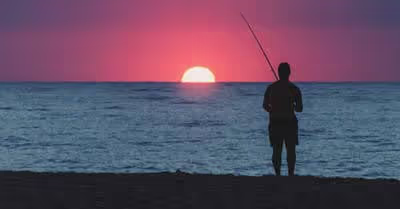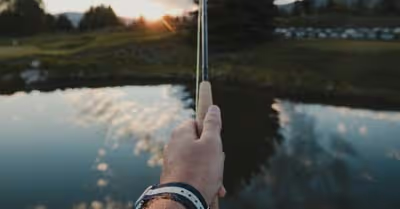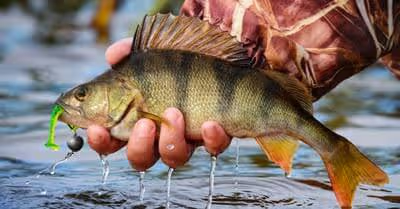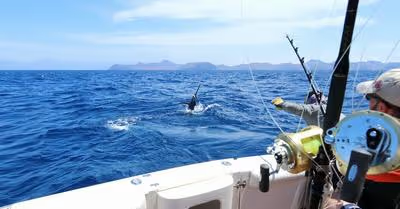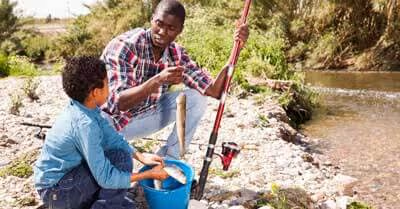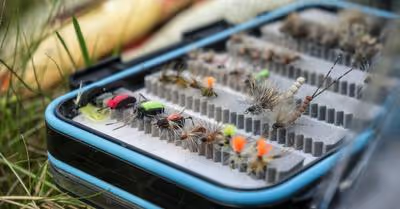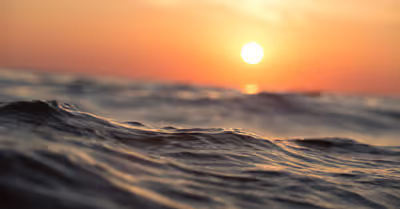Table of Contents
Know the Size of Fish before Reeling it in
As we noted earlier, reeling in a small fish can be quite simple. The problem only starts when it’s a big catch. So how can you know the size of the fish before you start reeling? Well, it all depends on how the fish pulls off the line once it’s hooked. Simply put, you’ll know that it’s a big catch if you feel a heavy pull off on your line when you’re holding it tight.
Again, you’ll hear the sound of the reel letting off by speeding into reverse. It’s important not to start reeling immediately. Chances are the hook is not properly set on the fish’s mouth and you may let it off the hook if you start reeling too early. In other words, just stay calm and be patient.
So How Do You Reel in a Fish?
Here’s all you need to do.
Make sure that the Tackle is Properly Set
Having a poorly maintained tackle can make your fishing trip a nightmare. Imagine what will happen when you have a big fish and your line is rotten. You’ll spectacularly fail and the fish will easily escape. The first step in properly reeling in a fish is to have a well-maintained and perfectly working tackle.
Keep Your Rod Up
When you’ve hooked fish, it will naturally start pulling out the line as it fights for its life. In this scenario, you should stay calm and let your rod do the work for you. You shouldn’t worry about reeling, just hold your rod at 45º and aim it straight at the fish. This is integral because it will pressure the fish to stay hooked in and come to the surface.
Keep Your Line Tight but not Too Tight
One of the most important things to avoid is a slack line between you and the fish. In other words, you need to keep the pressure or tension between you and the fish. By letting a slack line between you and the fish, you are giving it a good chance to throw off the hook from its mouth and that’s something that you should avoid if you don’t want to feel disappointed.
For this reason, you should keep the tip up and reel in steadily and smoothly to maintain pressure on the line. You should, however, not make the line too tight by putting in a lot of tension. If you do this, your line is likely to snap and you’ll end up with no line and a sad story about the trophy that got away.
Play the Fish and Let it Run
The worst thing that you can do when the fish is hooked is to forcefully pull it in your direction or keep it in place. If you do it, the fish will sense that it’s in more danger and will pull aggressively in the opposite direction. As a result, your line will almost certainly break and you’ll be left with no catch.
The best thing to do is to let it run by setting the drag. Let the fish take out the line and play it until it tires. Needless to say, the fish will become less aggressive and less violent when it tires out and you’ll have it all for yourself.
Play Your Angles and Keep the Fish Out of Obstacles
A hooked up fish that is seriously fighting for survival will do almost anything to get free including hiding in obstacles. If you sense that your catch is headed for obstacles such as rocks, logs, and reefs, you should do whatever you can to ensure that this plan doesn’t work out because it will get away and leave you with a snapped line.
The best thing to do is to play the angles and avoid the obstacles as much as possible if you can. You should consider dragging the line, tightening the drag and cranking the fish out as hard as you can. After all, you were going to lose both your line and your catch anyway.
Pull up, Reel in on the Downward Motion and Repeat
When you’ve hooked up a big fish, you shouldn’t expect to land it by just reeling and reeling. Instead, it’s important to bring the fish closer to you by lifting the tip of your rod in a smooth, steady, and firm motion. You can then drop the tip of your rod down and reel in the line. You should do it repeatedly until you have your catch! Remember to stay calm, do it slowly, be patient and chances are you’ll have plenty of big catches to brag about.
Bottom Line
Reeling in a fish will be more fun if you know exactly what to do. You shouldn’t, however, go hard on yourself if you lose a big catch. Take it up on the chin and consider it a learning experience. With practice, you’ll be a pro and reeling in fish will be your second nature!
Recent Articles



